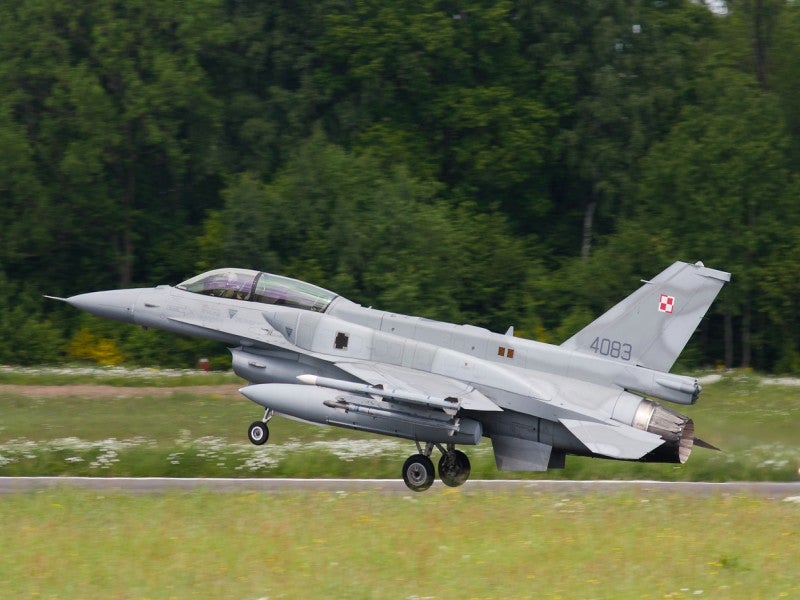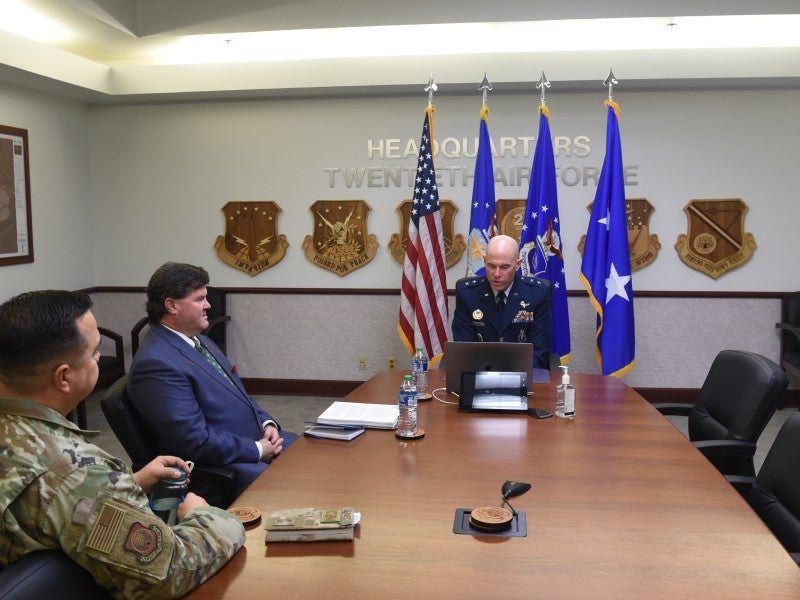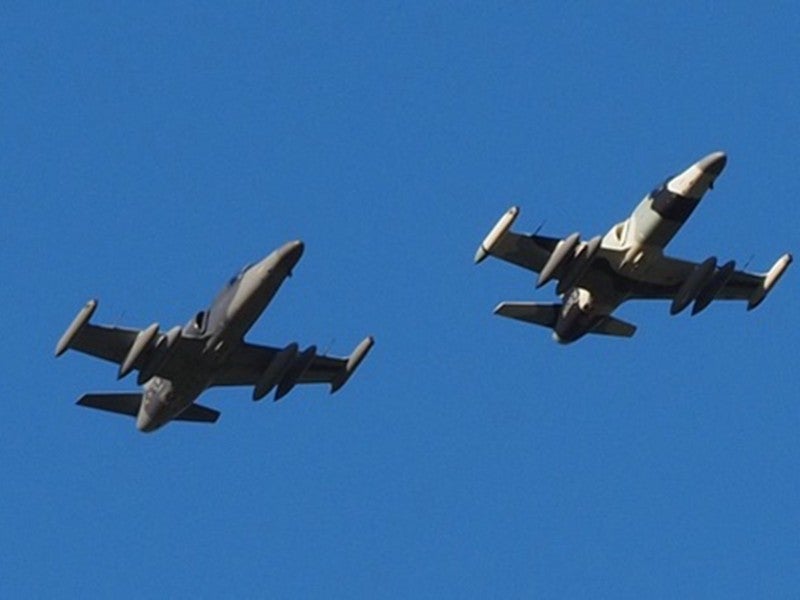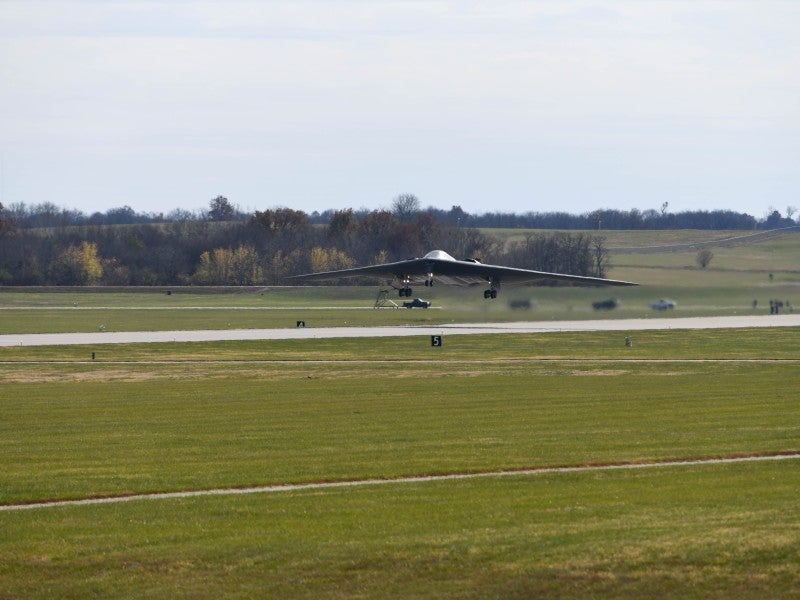The NATO Support and Procurement Agency (NSPA) has awarded contracts to support the development of Nato’s future surveillance and control capabilities.
The selected companies will develop high-level technical concepts for the Nato requirement.
Awardees include General Atomics, Lockheed Martin, MDA, Airbus and consortiums led by Boeing and L3Harris Technologies.
NSPA selected the six contractors under a Nato Security Investment Programme (NSIP).
The Boeing ABILITI consortium includes Leonardo, Indra Systems, Thales and Inmarsat.
Members in the L3 Harris team are Videns, Musketter Solutions, Hensoldt Sensors, 3SDL, Synergeticon, IBM UK, and Deloitte Consulting & Advisory.
Nato is working on acquiring a follow-on capability to replace the AWACS fleet, which is expected to retire in 2035.
The organisation set up the Alliance Future Surveillance and Control (AFSC) project for the requirement. It wants the industry to develop new concepts to meet future surveillance and control capabilities.
AFSC project manager Cagatay Soyer said: “We are very impressed with the strong industry participation and interest shown for this visionary project and we look forward to the first concept results in the coming months.”
The Concept Stage of the AFSC project was launched in 2017. NSPA is tasked with undertaking studies and developing concepts to help Nato in arriving at the decision to procure new systems.
NSPA stated that the programme will involve concept development and assessment activities in the period between 2020 and 2022.
Nato will assess and select the ‘most promising’ concepts, which will undergo advanced development in the next phase of the programme.




